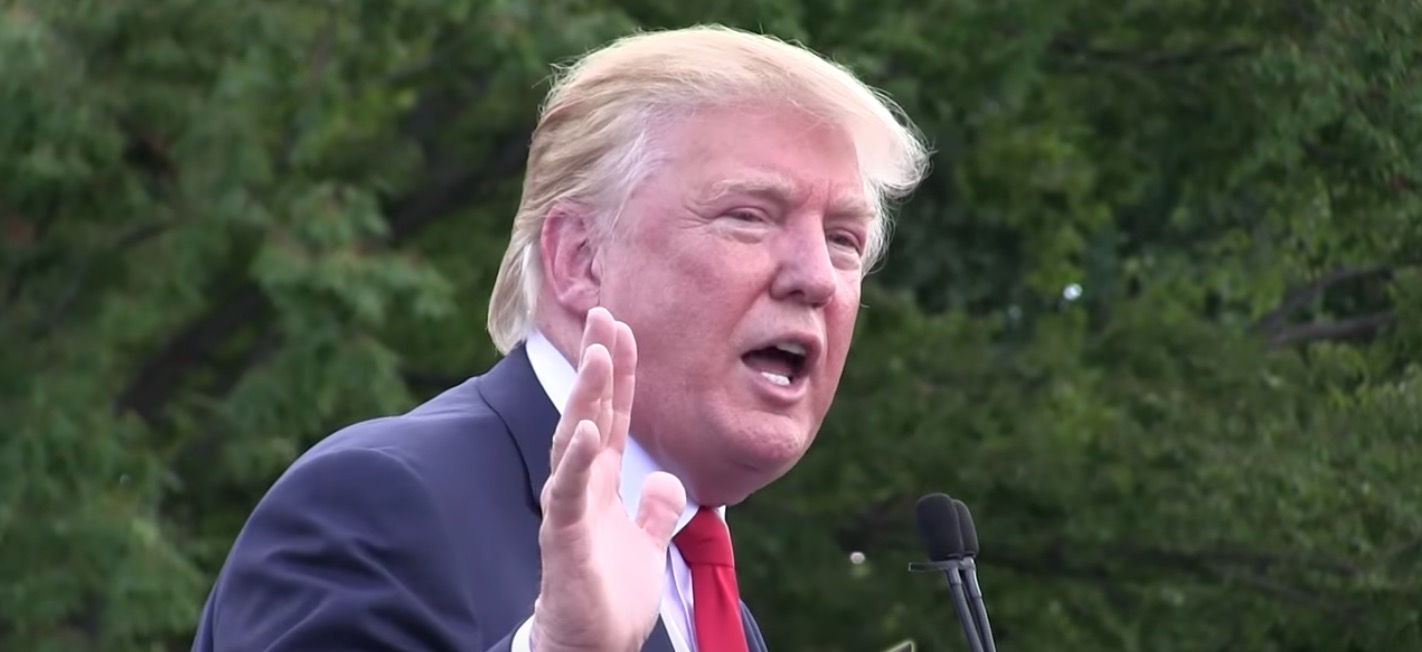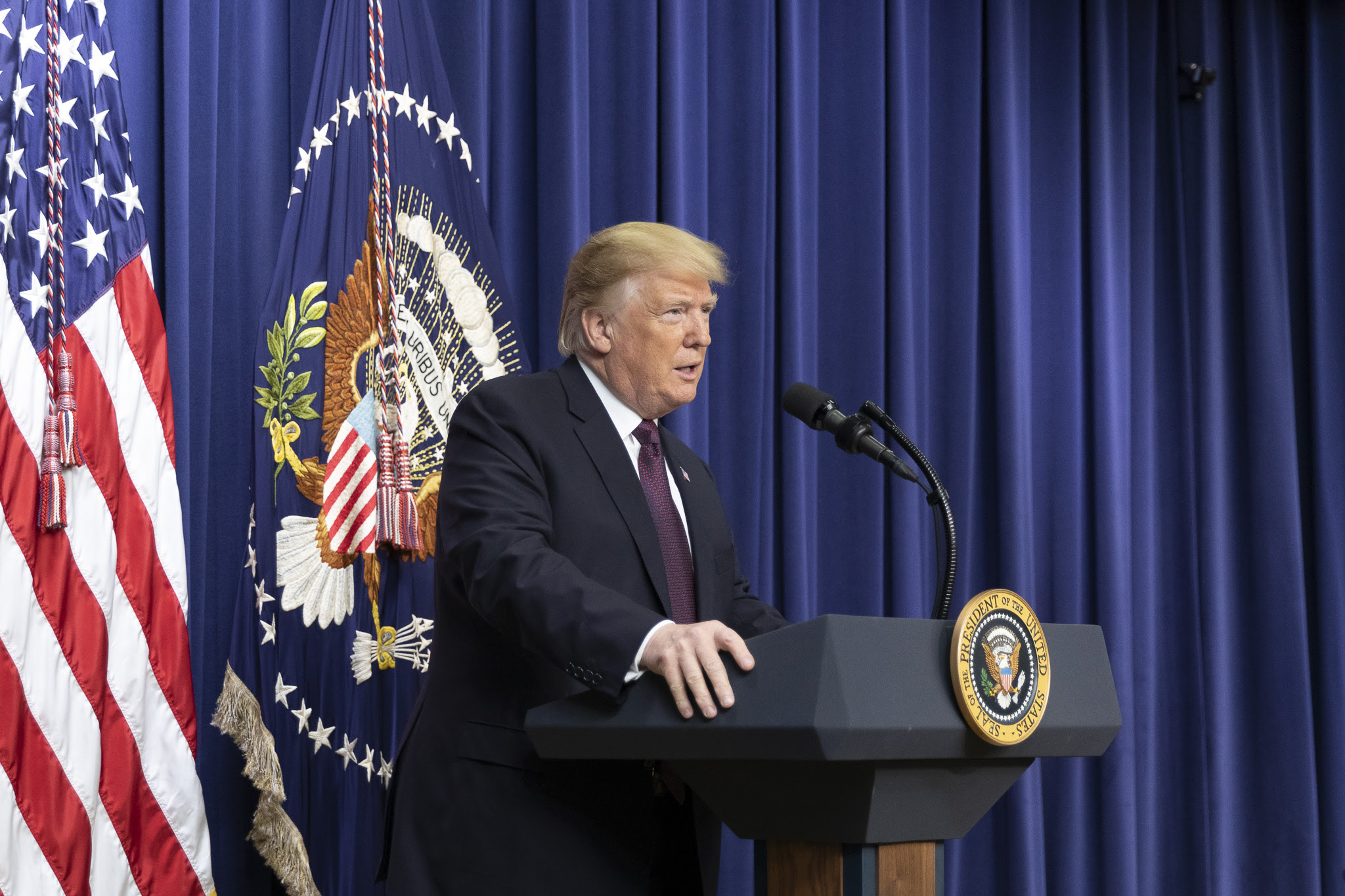Since President Obama announced that he was going to reward the criminal Castro government with the “normalizing” of relations between the U.S. and Cuba, as well as repeatedly stating that he intends to close the prison on Guantanamo Bay, could President Obama unilaterally shut down, or even hand over the entire Guantanamo Bay Naval Station (GITMO) to the Cuban regime?
According to former Congressman Allen West, who I recently spoke with about this issue, the answer ‘no,’ but “who knows what he will do next.”West contends, and is correct in saying that the only way to close down any military base or installation is through the base realignment and closure process, which is conducted by the Base Realignment and Closure Commission (BRAC).
Even though it would take an act of Congress to close down the entire base, West doesn’t put it past Obama to find some kind of “back-handed way to shut down” Gitmo.
Do you think the 2nd Amendment will be destroyed by the Biden Administration?(2)
Obama is on a mission to release all of the enemy combatants, or Islamic terrorists being housed on Guantanamo Bay, so don’t be surprised if he and his Justice Department try to conjure up yet another unconstitutional act to get what he wants.
But wait, Obama’s and his Department of Defense could already my contemplating a move such as this, considering that under some obscure and dated U.S. law, they can close down military base without Congress.
According to a Military.com story, which cites another story from the defense magazine Breaking Defense, stating that “buried in Title 10 — the chapter of the US Code that governs the Defense Department — is Section 2687,” which allows the DoD to close down military bases just as long as they notify Congress they are doing so.If this were to happen, and Congress is notified of the planned base closing, the Congress would then have a sort of “grace period” of 30 legislative days to consider the closing through the appropriate committees. Once the 30 days are up, the Secretary of the Defense goes to bat, and makes the final funds appropriation decision.
“If the Pentagon and the White House were willing to take the political risk, they could shut down facilities and dare a gridlocked Congress to undo it.”
Now, does this sound like something President Obama would be willing to do during the remainder of his lame duck presidency? You betcha!
Afterall, the President is looking for a Secretary of Defense that will not give him push back of any kind, and will just act as another one of his “yes men.”
Here is the actual text from the DoD:§ 2687. Base closures and realignments
(a) Notwithstanding any other provision of law, no action may be taken to effect or implement:
(1) the closure of any military![]() installation at which at least 300 civilian personnel are authorized to be employed;
installation at which at least 300 civilian personnel are authorized to be employed;
(2) any realignment with respect to any military installation referred to in paragraph (1) involving a reduction by more than 1,000 or by more than 50 percent, in the number of civilian personnel authorized to be employed at such military installation at the time the Secretary of Defense or the Secretary of the military department concerned notifies the Congress under subsection (b) of the Secretary’s plan to close or realign such installation; or
(3) any construction, conversion or rehabilitation at any military facility other than a military installation referred to in clause (1) or (2) which will or may be required as a result(b) No action described in subsection (a) with respect to the closure of, or a realignment with respect to, any military installation referred to in such subsection may be taken unless and until:
(1) the Secretary of Defense or the Secretary of the military department concerned notifies the Committees on Armed Services![]() of the Senate and House of Representatives, as part of an annual request for authorization of appropriations to such Committees, of the proposed closing or realignment and submits with the notification an evaluation of the fiscal, local economic, budgetary, environmental, strategic
of the Senate and House of Representatives, as part of an annual request for authorization of appropriations to such Committees, of the proposed closing or realignment and submits with the notification an evaluation of the fiscal, local economic, budgetary, environmental, strategic![]() , and operational consequences of such closure or realignment; and
, and operational consequences of such closure or realignment; and
(2) a period of 30 legislative days or 60 calendar days, whichever is longer, expires following the day on which the notice and evaluation referred to in clause (1) have been submitted to such committees, during which period no irrevocable action may be taken to effect or implement the decision.
(c) This section shall not apply to the closure of a military installation, or a realignment with respect to a military installation, if the President certifies to the Congress that such closure or realignment must be implemented for reasons of national security![]() or a military emergency.
or a military emergency.
(2) Nothing in this section restricts the authority of the Secretary to obtain architectural and engineering services under section 2807 of this title.
(e) In this section:
(1) The term “military installation” means a base, camp![]() , post, station, yard, center, homeport facility for any ship, or other activity
, post, station, yard, center, homeport facility for any ship, or other activity![]() under the jurisdiction of the Department of Defense, including any leased facility, which is located within any of the several States, the District of Columbia, the Commonwealth of Puerto Rico, American Samoa, the Virgin Islands, or Guam. Such term does not include any facility used primarily for civil works, rivers and harbors projects, or flood control projects.
under the jurisdiction of the Department of Defense, including any leased facility, which is located within any of the several States, the District of Columbia, the Commonwealth of Puerto Rico, American Samoa, the Virgin Islands, or Guam. Such term does not include any facility used primarily for civil works, rivers and harbors projects, or flood control projects.
(2) The term “civilian personnel” means direct-hire, permanent civilian employees![]() of the Department of Defense.
of the Department of Defense.
(4) The term “legislative day” means a day on which either House of Congress is in session.


















